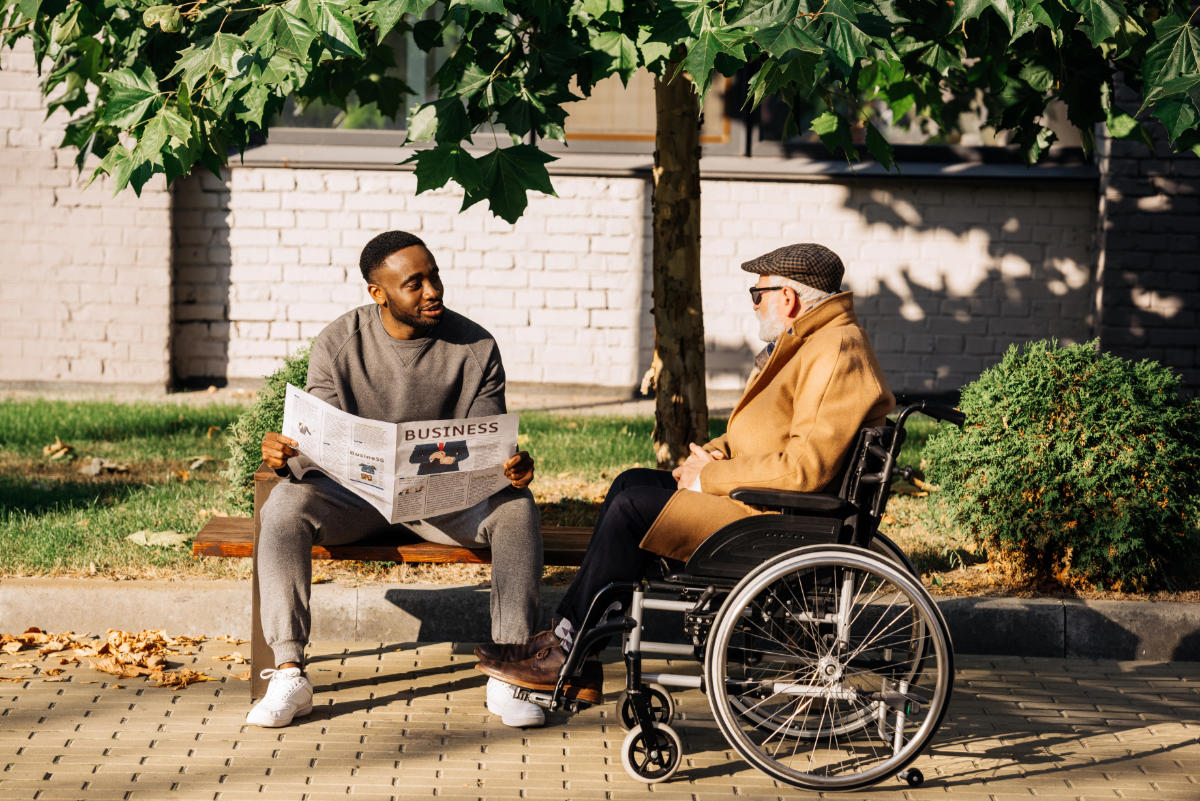What if it could be different?
Imagine a culture of belonging where tenants feel safe at their front door, know their neighbours, and enjoy vibrant community activities. Imagine housing programs that residents actually want to attend because they feel heard and needed.
The obstacles are real
A new approach: Belonging Matters Conversations
This is where Belonging Matters Conversations (BMC) come in. Rooted in values-based problem solving, BMC brings together people with lived and living expertise — the very people most impacted by the issues — to share stories, identify priority challenges, and co-create solutions.
In one recent housing community, tenants named front-door safety as their number one issue. They described being attacked, harassed, and forced to step over garbage or drug use just to enter their homes. Through the structured dialogue of BMC, tenants identified strategies, built trust, and developed solutions together.
The change we saw
“All of you listened and acknowledged us — and you acted. It’s not just talk, it’s change.”

The risk of doing nothing
Without change, unsafe doorways remain daily traumas. Tenants retreat into isolation. Programs go unused. Trust erodes. And the cycle of fear and disconnection continues.
A proven path forward
Belonging Matters Conversations provide more than dialogue — they are a roadmap for transformational change. They engage diversity, build belonging, and ignite collaboration between tenants, managers, and system partners. By amplifying the voices of those most impacted, communities co-create solutions that are practical, sustainable, and lasting.
